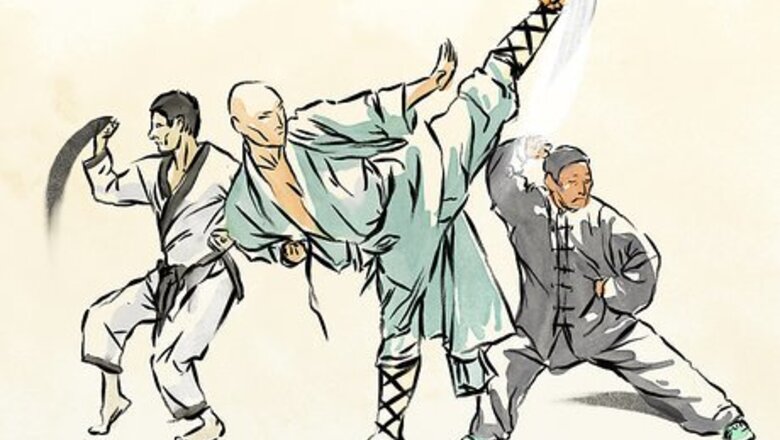
views
Identify what path you want to take.

Figure out what you want out of this experience. There are no wrong answers here. Do you want to learn at a calm, slow pace until you get the moves right? Or do you want to advance fast, training as though you are in a combat situation and quickly learning how to correct mistakes. The choice depends on you, your age, your physical condition, etc. Take some time to study the different martial arts styles, and see which ones are more conducive to your style. For instance, Muay Thai might not be the best option for you if you don't want to get hit all the time.
Find a martial arts school.

Look for a curriculum and school style that suits your needs. There are many factors that go into choosing a school to train in. Look at this article for more information. This is very important, as the style and master you decide on greatly affects how you learn. Do some research about schools ahead of time and check out the reviews—you might even watch a class to see what the atmosphere is like. It can also help to take an intro class, since that gives you a lot of insights into that specific school, how the instructor will treat you, and if their teaching style is conducive to your learning style.
Start working out.
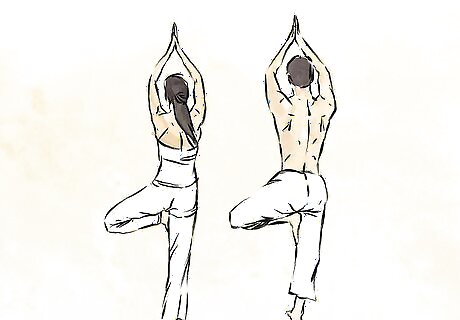
You don’t need to be on pro-athlete levels, but get into shape. You can also lose weight with martial arts. You don't have to workout beforehand, since martial arts isn't about strength. But endurance is key. You will learn to fight 1 on 1 or 10 on 1 eventually, so the faster you can move for a long period of time the better you will perform.
Learn about the tradition.
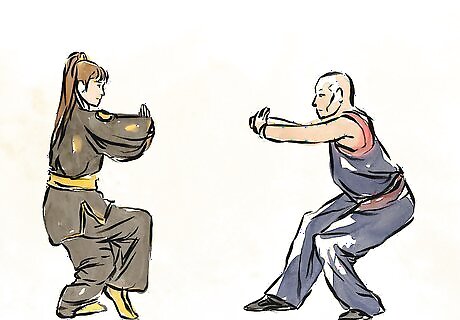
There’s a lot of interesting history behind the martial arts. The original purpose of martial arts was so people could defend themselves against multiple attackers, even to the death. Much has changed, and there are many people today who misjudge the purpose of martial arts. The true purpose is to train to stay alive against many people who are trying to kill you.
Connect with your trainer.

Respect and understand the role of your sensei. Your master is your friend, your motivation, and your worst enemy (if they are skilled in their profession). They should push you beyond your believed capabilities training you to never give up during a fight. Ask them for help, but try to figure things out for yourself first. Understand you're not the only one there, others have come for the same reason so don't keep the instructor to yourself. Don't be a loner either, or you'll never learn. Realize their job and yours before you join a school.
Respect the dojo.
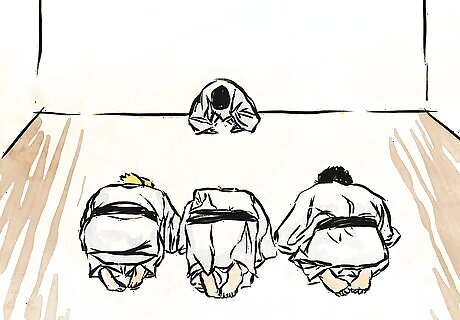
The dojo is a sacred place, so walk in with your mind focused and ready. There are no games here. You don't fool around, especially while your sensei is speaking. Respect your dojo as much as you respect your fellow students. Always show up early for lessons.
Bond with other students.
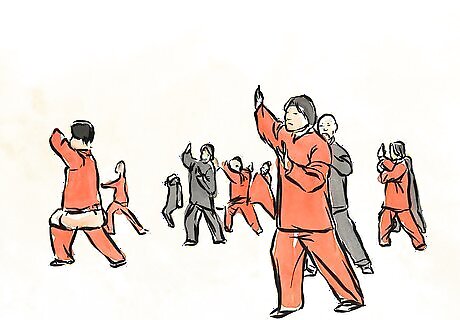
Connecting with the other people at the dojo can help. Your purpose for being at a dojo might not be the same as some peoples'. If there are kids, they want to be power rangers or show off their moves to friends. If there are adults, the younger ones are arrogant and wild. The older adults are just there to learn. You will meet all types. If the sensei is a good one, he will quickly dismiss any student who is out of order and continue the lesson. Show no attention to anyone who acts for others and not himself.
Trust your yuki.

A yuki is like a key partner you will train with. Eventually, you will be assigned a yuki. While only for the one lesson, this person is your trusted partner. You must show each other great, mutual respect for them as you will be fighting them. This is the person you practice your moves on, or spar against, and they you. Depending on the style, learn what attacks to hold back power on so you don't injure this person. When practicing techniques, do them slow until you gain the right control. Help your yuki learn as well as you do. On the other hand, have no sympathy for this person. When you spar, do it violently with control. Don't go easy on them but don't hit them hard. In a nutshell: attack fast and aggressively, but with controlled power. You are there to learn to defeat people like this, not to play around.
Keep your head straight.
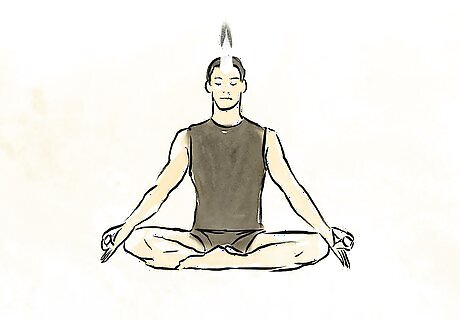
Maintain a cool, calm demeanor, even when you’re upset. You will do aerobics, you will sweat, you will be tired, and you will get hurt. But do not stop. If you practice right, you will hurt someone or get hurt yourself. Don't take it personally. If you are sparring and get injured, take a few breaths and don't resume with the fury you will have. You will feel like swinging wildly and acting aggressively to keep them at a distance, but do not do this. The concept behind martial arts is staying calm while staying alive. If you are not calm, your yuki will get mad or worse, your sensei will. If you injure your opponent, don't apologize, just don't do it again. Wait for them to signal ready and resume sparring.
Practice.
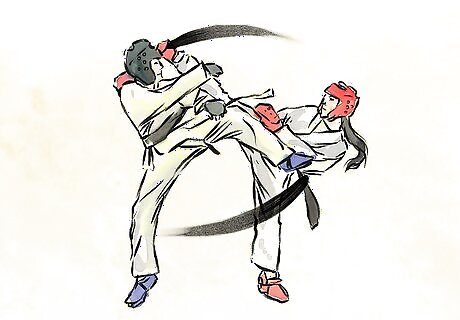
Work hard to master the techniques and skills you learn. Practice every technique you are shown until it becomes second nature, and then some. Think beyond what you are shown and question your sensei about it. Figure out what else could work for that situation. Strip down anything you don't like. Unless you are having a test on the subject, it's always best to keep the simple ideas rather than the 21-step takedown.
Be reasonable and respectful.
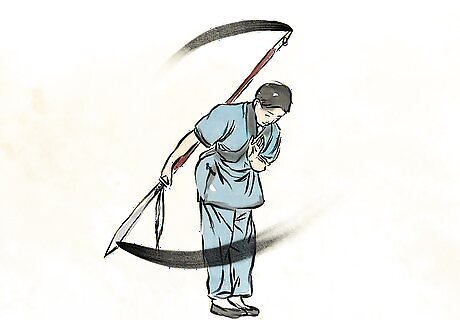
Keeping things on an even-keel will prevent misunderstandings. Think of your dojo as a holy place. Any outside aggression, anything that is on your mind, you must drop as soon as you enter your dojo. This includes any quarrels with a fellow student who may be in that lesson. Otherwise, how can you concentrate on what needs to be done?
Don’t show off.
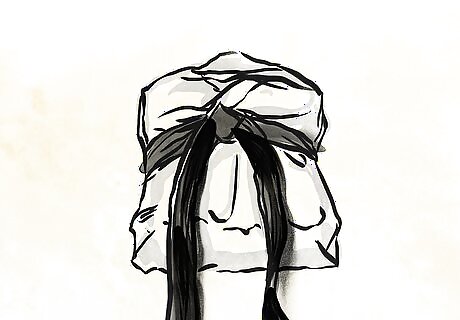
Keep your skills to yourself and be humble. Don't let it known that you are taking martial arts, or what belt color you have. Discrepancy works best for you in a real fight. Also, someone might pick a fight with you just because you are taking the art. Think of your new skills as something mediocre. You wouldn't tell everyone what you drew the night before or the dreams you had, the Arts are no different.




















Comments
0 comment